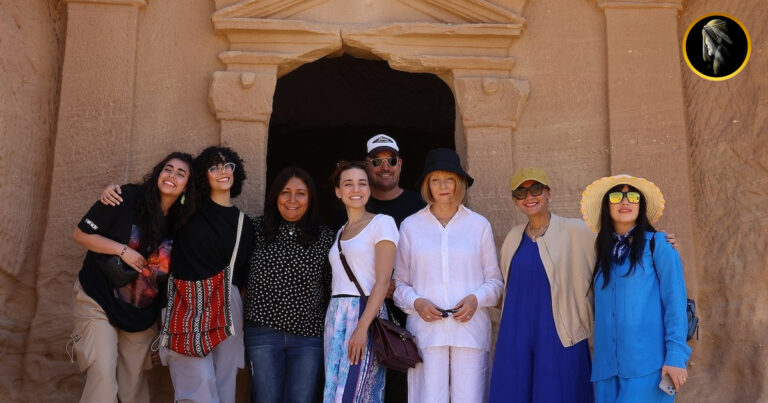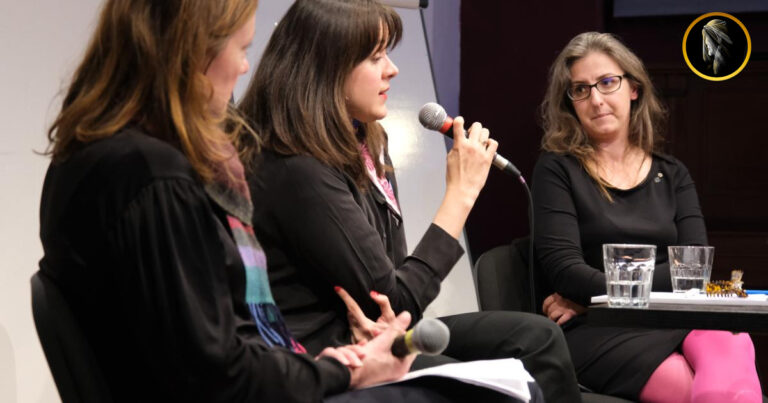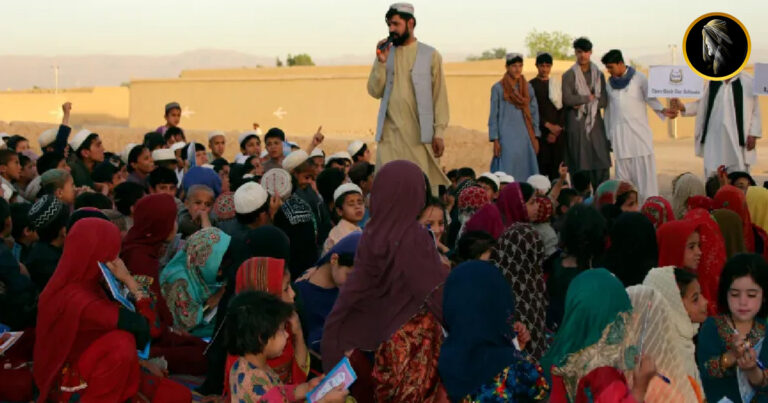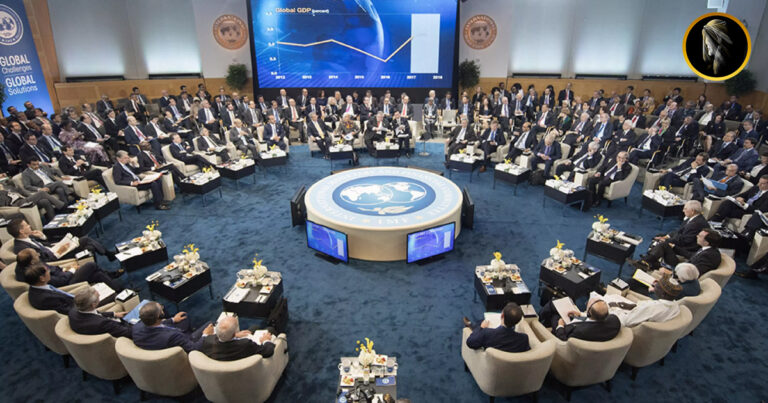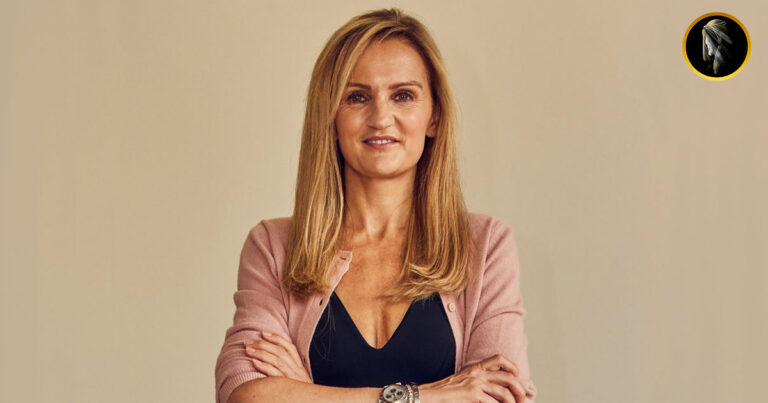RIYADH: Arab influences have gradually found their way into Western music, from Algerian singer Cheb Mami’s collaboration with Sting on “Desert Rose” in 1999 to Marshmello’s partnership with Lebanese singer Nancy Ajram in 2022. However, Arab women still struggle for recognition in the industry, with only a few making significant strides.
In Saudi Arabia, Spotify’s annual Wrapped campaign revealed that no female musicians from the Kingdom made it to the country’s top 10 streaming artists’ list. Only three Khaleeji tracks, two of them by Syrian artist Assala Nasri, dominated the streaming charts.
Despite these challenges, the regional music scene is predicted to become the fastest-growing in the world, and Arab women are determined to break through with authenticity.
At the recent XP Music Futures conference, industry experts and artists discussed the importance of promoting women on a global stage.
One notable example is Palestinian-Chilean singer Elyanna, who has rapidly gained global recognition. Supported and discovered by Lebanese-Canadian musician Massari and managed by Wassim “Sal” Slaiby (known for managing The Weeknd), she now boasts over 400,000 monthly listeners on Spotify.
Elyanna’s sensual vocals and contemporary lyrics resonate with a broad audience, bridging cultures in an authentic yet mainstream manner. She remains distinctively an Arabic lyricist, weaving her Palestinian heritage into a unique musical genre.
Elyanna explained, “When I create music, I stay true to myself. I’m just a 20-year-old doing what feels right to me. The younger generation connects with that.”
While she acknowledges that she’s too young to offer advice on overcoming industry challenges as a woman, she emphasizes the importance of passion and caring deeply about one’s work. She believes that Arab music will eventually have a global impact, showcasing the beauty of Arab culture through dance, instruments, melodies, and beats.
Matthew Knowles, renowned for managing Destiny’s Child, Beyoncé, and Solange, discussed the keys to success for female artists in the global market. He emphasized that great songs transcend gender and that image matters in the music industry.
Knowles also pointed out the significance of language and contemporary fashion choices in reaching a global audience.
Hailing from Egypt’s thriving rap scene, musician Felukah has been redefining Arabic hip hop. Her thought-provoking lyrics seamlessly blend Arabic and English, drawing inspiration from global poets and writers like Nayyirah Waheed and Haruki Murakami.
Felukah recently collaborated with Saudi musician Tamtam and Mexican singer Danna Paola on Coca Cola’s 2022 FIFA World Cup anthem, putting her unique spin on Queen’s 1986 hit “A Kind of Magic.” She emphasized the importance of representing herself authentically, even in the face of criticism from both men and women who may be resistant to women in rap.
Felukah believes that authentic Arabic music’s rise won’t happen overnight, but contemporary artists are working towards brighter prospects and greater representation in the future.



